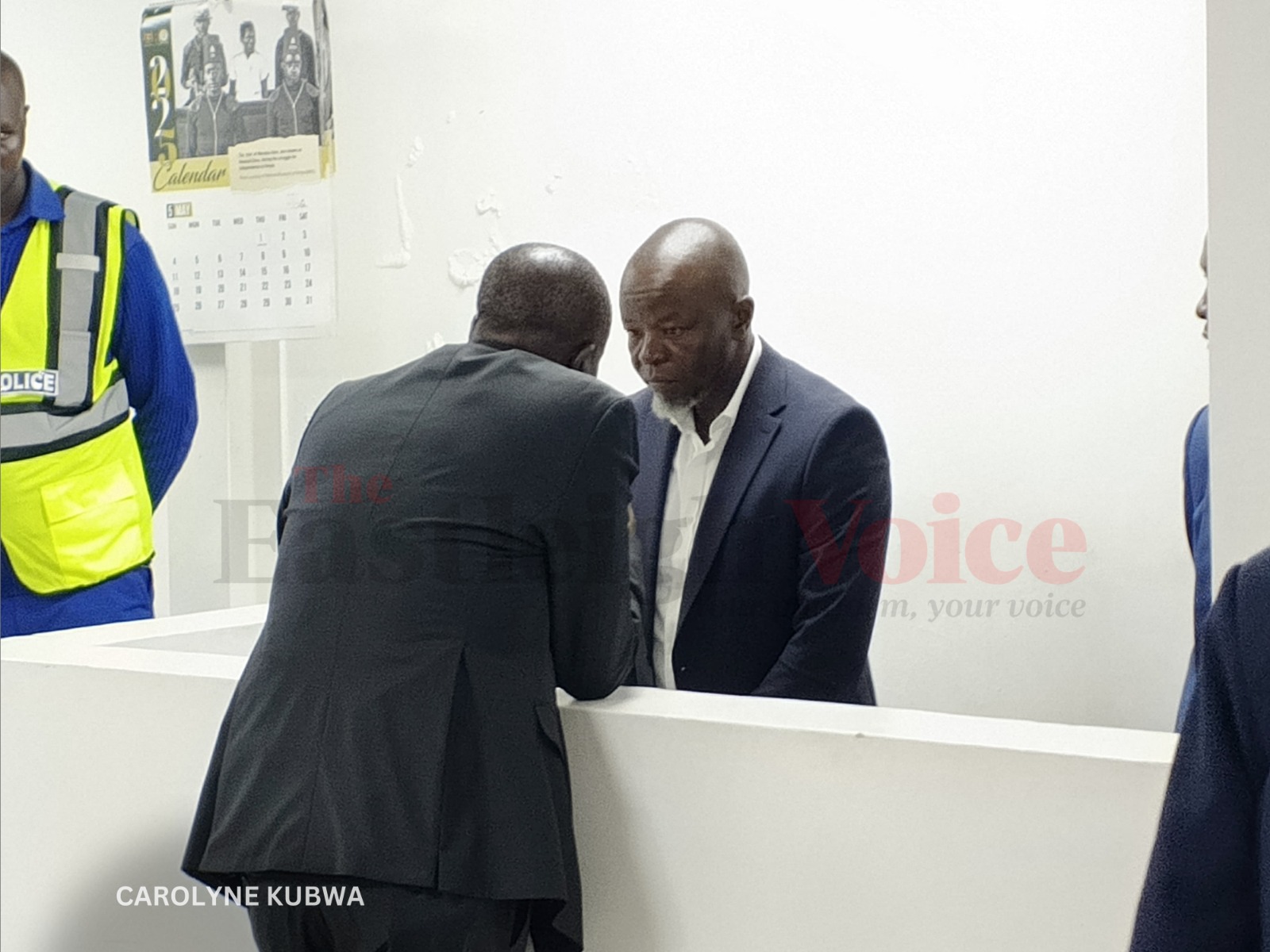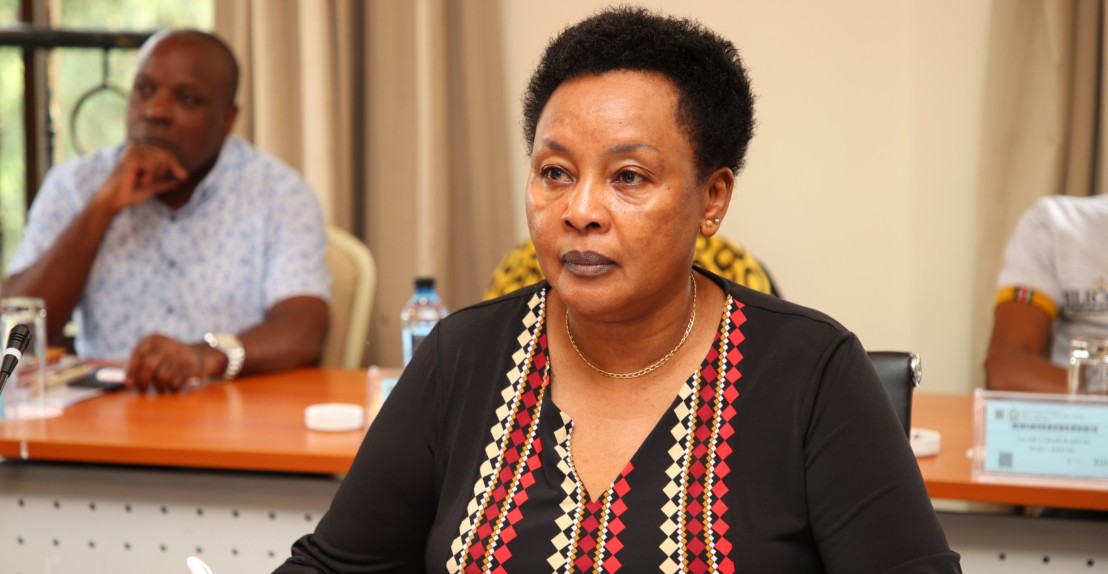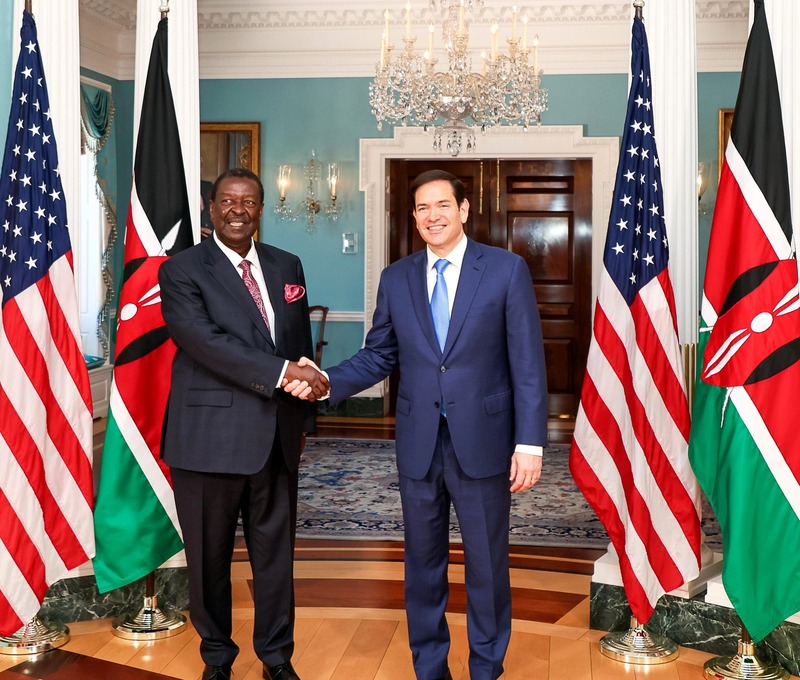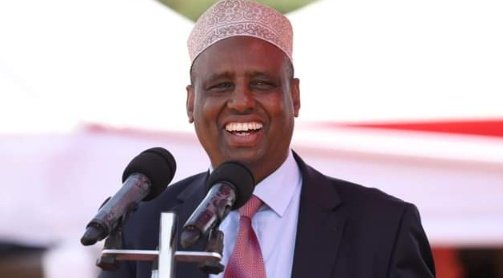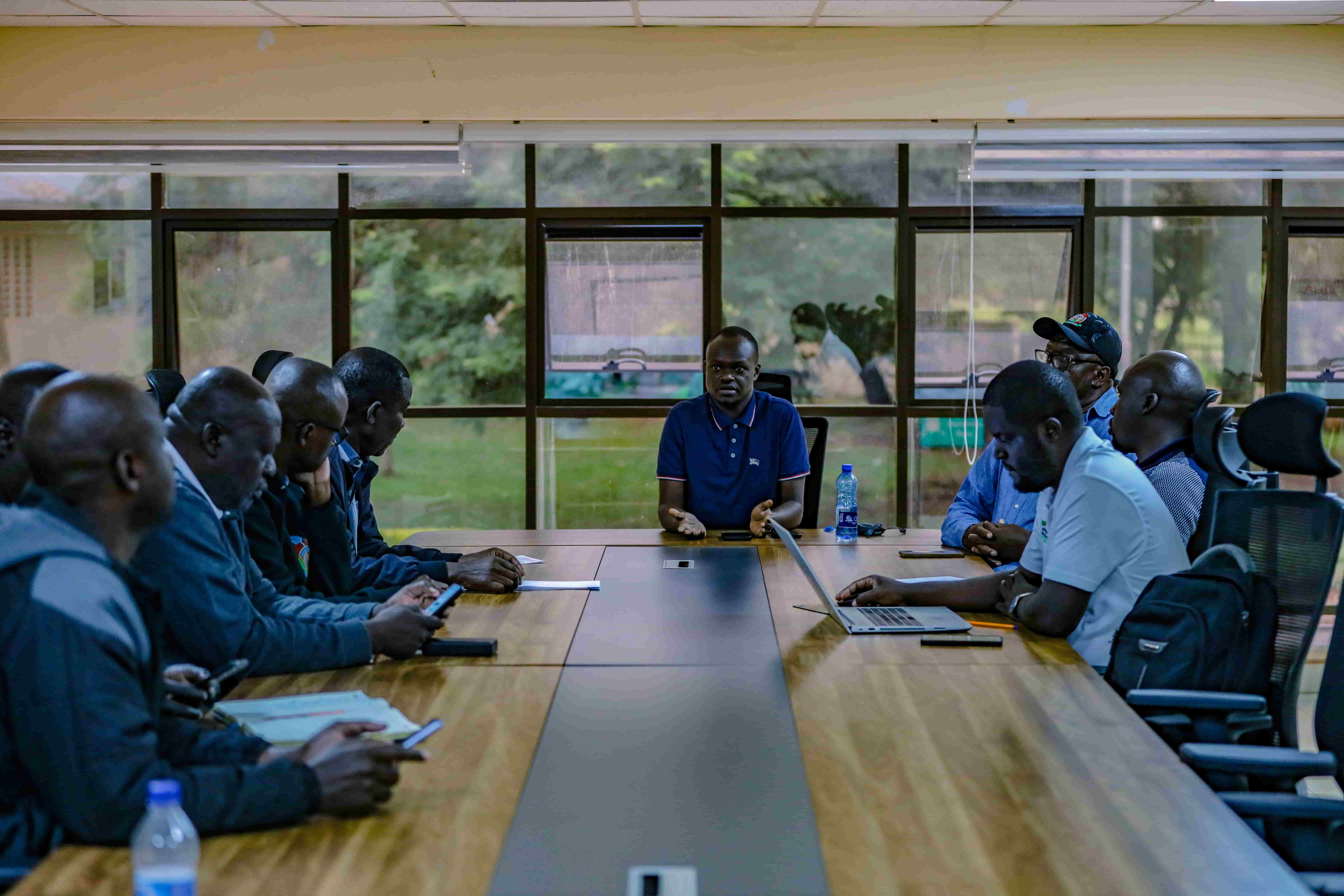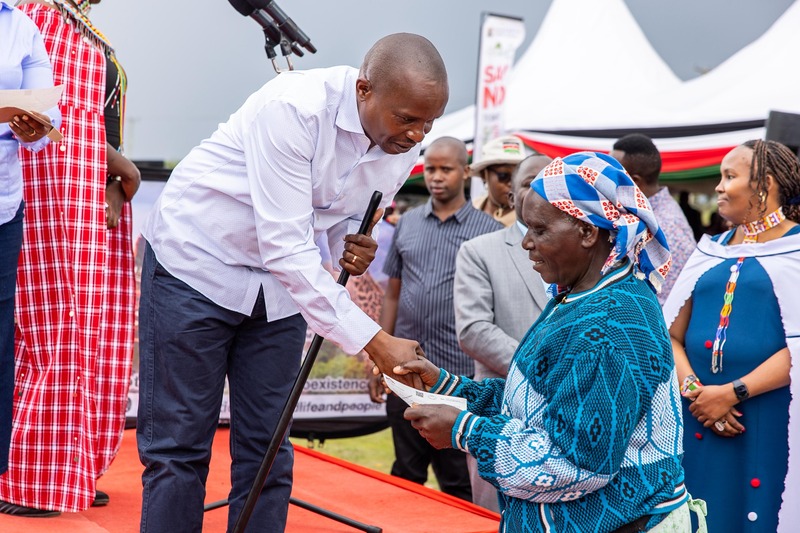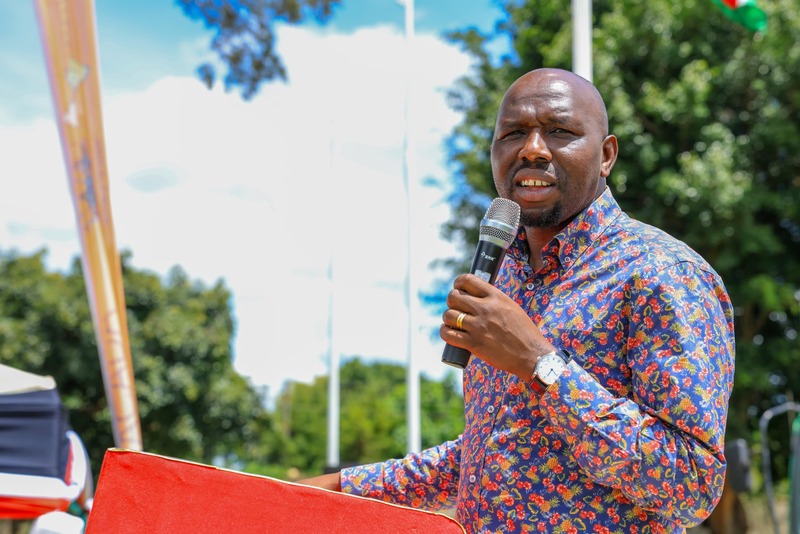Court of Appeal orders Koome to appoint new bench to hear Gachagua impeachment case within 14 days
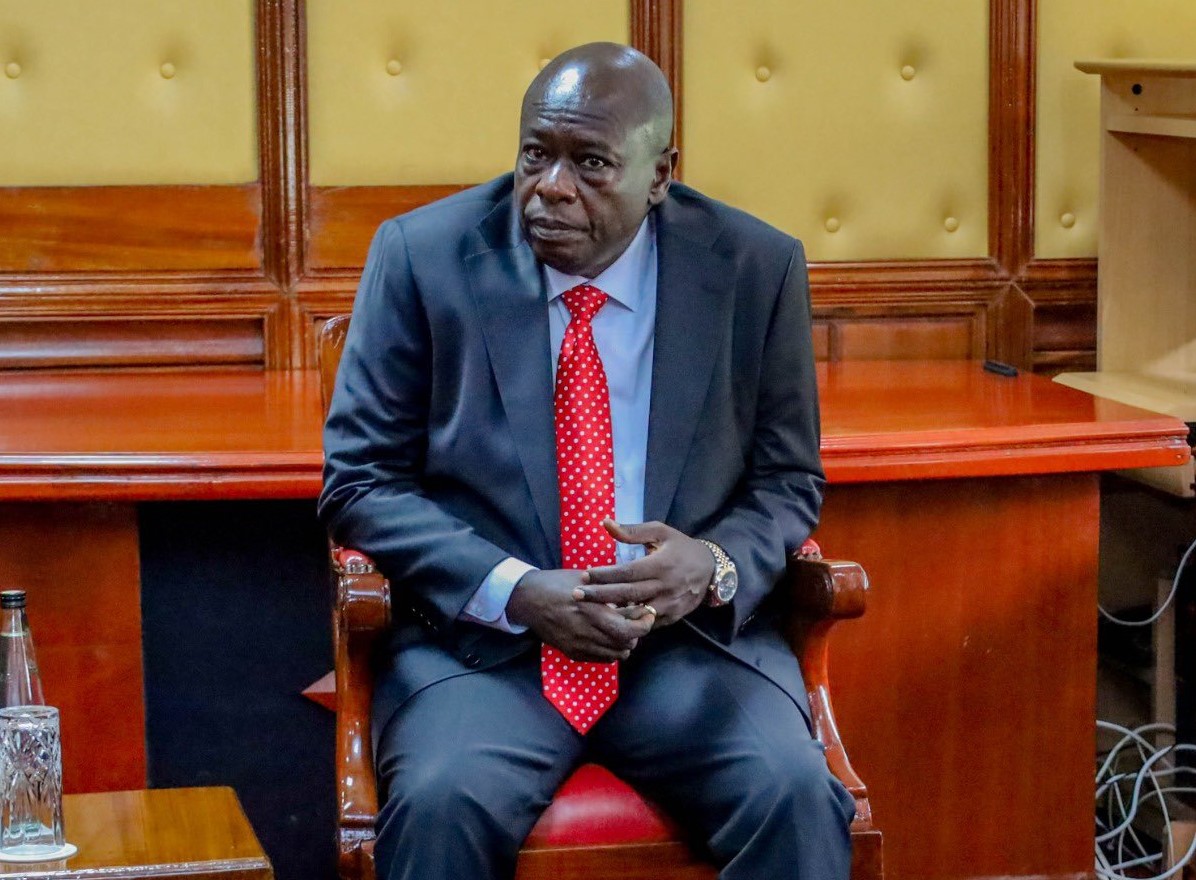
“The discretion granted to the Chief Justice by Article 165(4) to empanel a bench is a power solely vested in the Chief Justice. It is the Chief Justice, and she alone, who can determine the number of judges to assign to a matter,” the judges stated.
The Court of Appeal has overturned Deputy Chief Justice Philomena Mwilu’s decision to appoint a three-judge bench to hear consolidated petitions filed by former Deputy President Rigathi Gachagua, seeking to bar his successor, Professor Kithure Kindiki, from assuming office.
Justice Mwilu had, on October 18, 2024, appointed Justices Eric Ogola (presiding), Anthony Mrima, and Lady Justice Freidah Mugambi to preside over the petitions brought by Gachagua and his allies against Parliament and Professor Kindiki.
More To Read
- State pays Sh70 million to wildlife conflict victims in Laikipia
- Kindiki says church and state are partners in nation building, not competitors
- Kindiki orders probe into recurring Gikomba, Toi market fires
- DP Kithure Kindiki hails Ruto, Raila cooperation as good for the country
- I'm not interested in political exchanges but development, Kindiki tells govt critics
- Kindiki slams Gachagua for linking Ruto to CJ Koome's ouster plot
However, Gachagua contested the appointments, arguing that Justice Mwilu, not being the substantive Chief Justice, lacked the constitutional authority to empanel a bench at the time.
Appellate Justices Daniel Musinga, Mumbi Ngugi, and Francis Tuiyott upheld the integrity of the appointed judges, rejecting Gachagua’s claims of bias. However, they ruled that only Chief Justice Martha Koome has the constitutional mandate to empanel a bench under Article 165(4) of the Constitution.
“The discretion granted to the Chief Justice by Article 165(4) to empanel a bench is a power solely vested in the Chief Justice. It is the Chief Justice, and she alone, who can determine the number of judges to assign to a matter,” the judges stated.
“Similarly, only the Chief Justice can decide which judges to appoint to a bench. This addresses the related request that we direct the exclusion of the three named judges (Ogola and his two colleagues) from the new bench to be constituted.”
The Court of Appeal directed Koome to appoint a new, potentially expanded, bench to hear the matter. It noted that she may, at her discretion, reappoint any or all of the previously assigned judges. The number of judges — whether three or five — is also to be determined by her.
Gachagua had also claimed the appointed judges were conflicted. He alleged that Justice Ogola’s spouse had been appointed to a state agency by President William Ruto, and that Justice Mrima had close ties to Senate Speaker Amason Kingi.
One of Gachagua’s lawyers, Ndegwa Njiru, further argued that Lady Justice Mugambi was a postgraduate student of Professor Kindiki at Moi University, suggesting a potential conflict of interest. However, it emerged that Moi University does not offer postgraduate studies in law, rendering the claim factually inaccurate.
In fact, Lady Justice Mugambi holds a Master’s degree from the University of Birmingham in the United Kingdom and a PhD from the University of Pretoria.
Despite the allegations, the appellate judges found no evidence of impropriety or conflict of interest among the three judges.
“We have not identified any impropriety in the conduct of the bench. We do not find the judges to be biased or lacking impartiality. Whether to include them in the reconstituted bench is a matter entirely within the discretion of the Chief Justice,” the judges ruled.
They concluded by directing that the petitions be placed before Chief Justice Koome within 14 days for her to empanel a bench under Article 165(4) of the Constitution to hear the matters.
Top Stories Today


